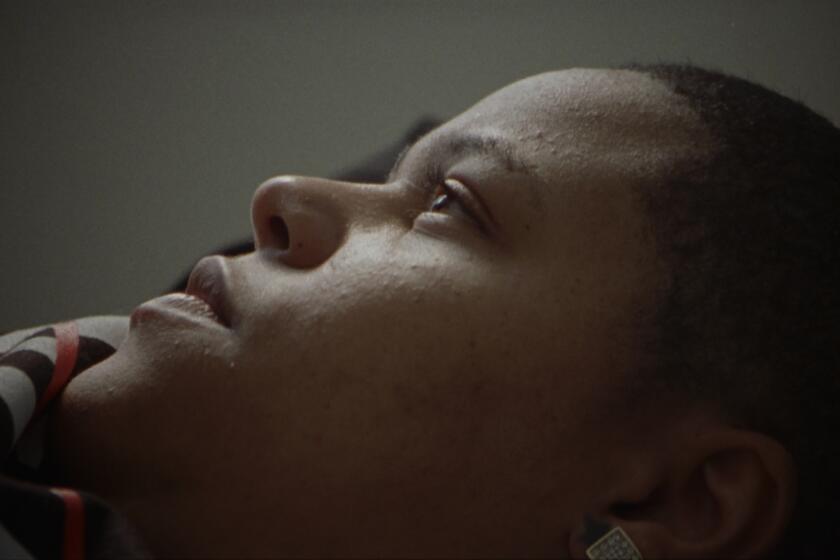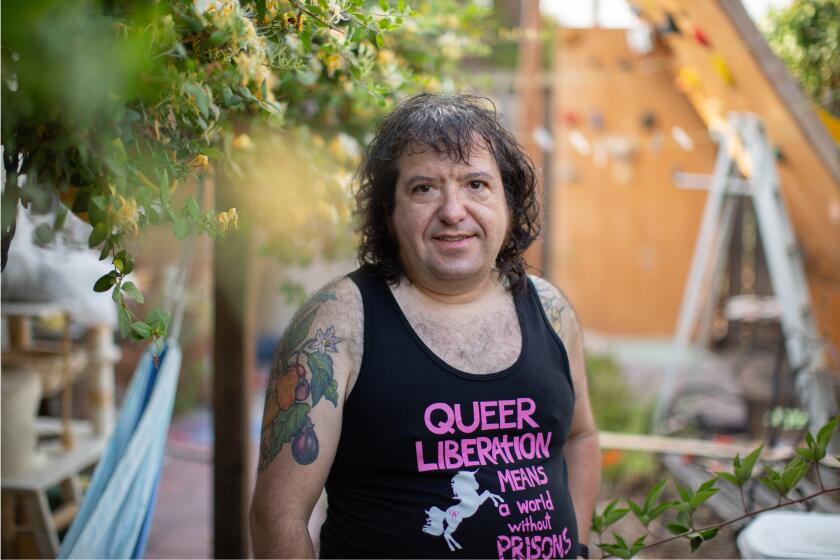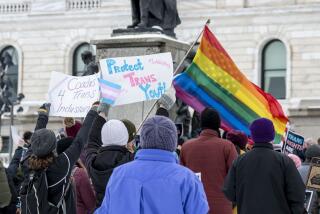Experimenting with trans boyhood to bring my adult self back to life
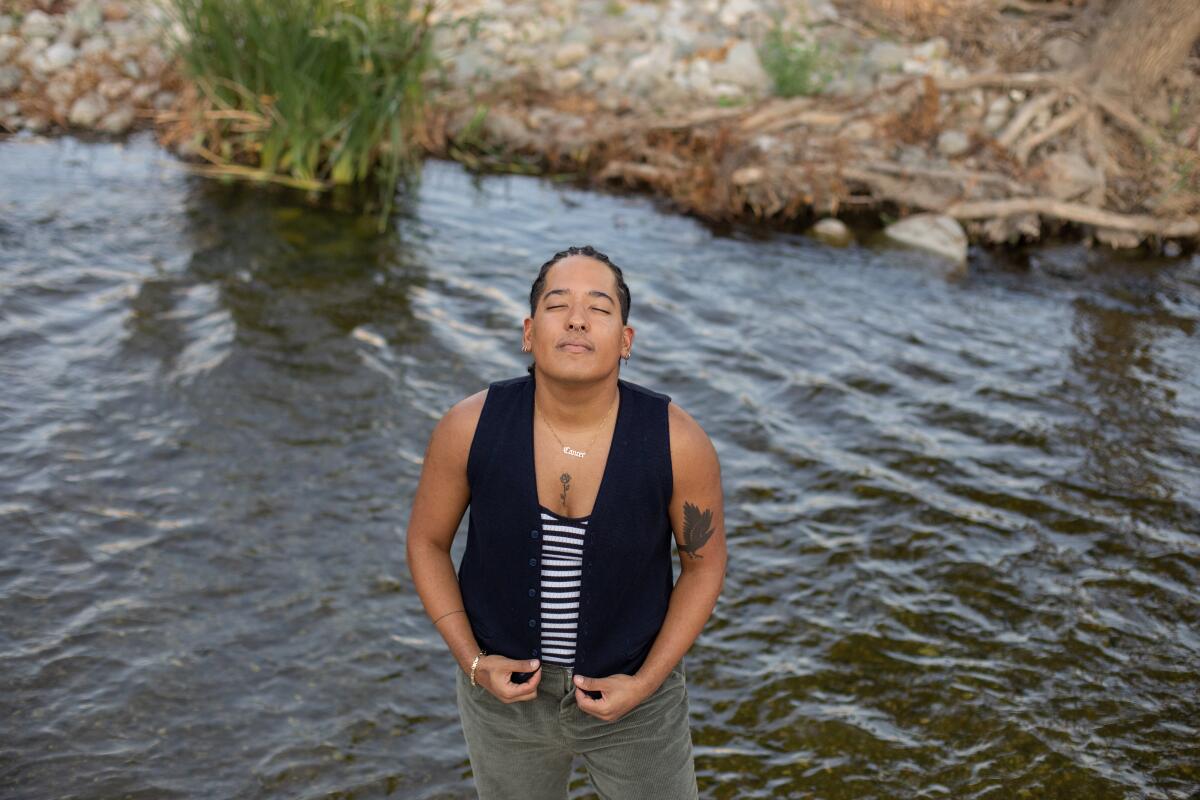
This summer, I turned 1.
Only a few weeks after my 28th birthday, the sweltering heat of late July marked a year since I first slathered a pump of cool testosterone gel on my shoulder, one of the many ways that I choose to honor my transness. It had been one year of opening myself to change as my shoulders broadened, my voice deepened, and the anxiety that hummed like a house music bass line began to melt into the background.
The Times is publishing a series of personal essays by people who have all taken different approaches to mental health challenges.
In lieu of a party, I went to a tattoo shop in northeast Los Angeles with a few friends to celebrate the occasion. I chose to get the Yiddish word for sparrow, shperl, tattooed on my right arm, paying homage to my paternal grandfatherās first language. As an amateur birder, Iāve found myself rapt by the ordinariness of house sparrows, those small, brown songbirds that to me represent unruly freedom as they find ingenious ways to make themselves at home on nearly every continent.
How To Save A Life
Pandemic stress, traumatic events and economic uncertainty have upended our world. This series aims to make the cascade of threats to your mental health a little easier to manage.
Iāve been in the process of making a home within myself for years now. I never had an āahaā moment when the fog lifted to reveal the word ātrans.ā Rather, I spent nearly a decade trudging down a zigzagging road always wondering if Iād ever get any better at being a girl. I didnāt. So at around 23, I stopped trying altogether and let myself go elsewhere. Transness was a force of its own, pushing me away from the things that drained me while ushering me forward, toward desire, toward my own survival.
Over the last year, a pivotal part of that survival has been giving myself the space to heal the absence of a boyhood I never fully had as a child.
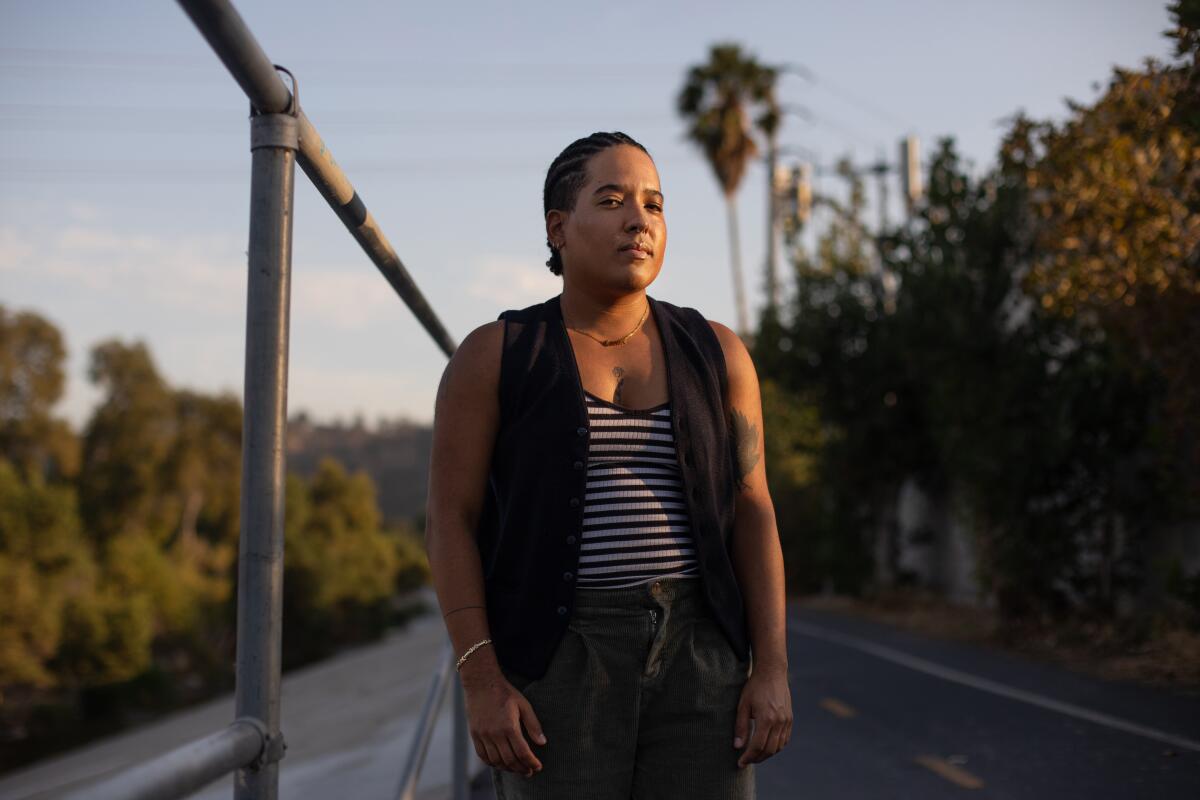
It wasnāt just starting testosterone. It was driving around Pasadena with my friends, scream-singing my middle school favorite Fall Out Boy songs with my new tenor voice. It was slogging through the L.A. River to watch bats as they flew back to their roosts above the 5 Freeway. It was foolishly trying to catch a fish with my bare hands. It was getting up to no good, staying up too late, eating so many sweets my stomach ached. It was the sweat dripping down my face as I skated (poorly!) in a high school parking lot. It was insisting upon a handstand competition in the community pool. It was nicking my face while shaving. It was the blood that dripped down my cheek. It was being the only boy in the nail salon getting neon green varnish on their toes. It was finally embracing a femininity I had worked so hard to conceal.
My foray into boyhood had everything and nothing to do with being a boy. It was an exercise in seeking joy for myself and in spite of those who wish me harm. As a Black transmasculine and gender-nonconforming person, Iāve watched with disgust and fatigue as Republican lawmakers peddled bills across state legislatures to restrict young transgender peopleās access to gender-affirming care, sports, and frankly, to exist. The swirl of violent legislation leaves me with a familiar sense of trepidation Iāve known well living in a Black body ā afraid of an altercation lurking in every gas station bathroom or airport security screening, and the very real fear of losing people and things I love to ignorance and the violence fueled by it. Often, Iām unsure of where I might land or where I might be able to rest my feet.
But boyhood opens the door and reminds me that there is still more time for the world to feel big and possible. It is an unmarked map for me to chart after years on autopilot.
A transgender musician comes out to several family members over the phone and composes a new song.
Those first few weeks on testosterone, I felt as if Iād landed back into myself from a distant planet. In the months that followed, I remember I told a friend that I could finally picture a version of myself in the future ā salt-and-pepper curls, a slightly darker mustache, my mouth in a smirk. I could not turn back the clock and be a carefree 10-year-old boy child, but I could as an adult live in a way where I pushed aside the roadblocks that stood in the way of survival for myself and my friends.
Boyhood was an experiment, and one that I experienced in chorus with my community as we reckoned with new forms of life-making. Boyhood was my way of stealing my present and future back for myself and stashing a few candies away in my pocket as a treat.
The codes used by U.S. medical providers to bill insurers havenāt caught up to the needs of trans patients or even international standards.
More to Read
Sign up for Essential California
The most important California stories and recommendations in your inbox every morning.
You may occasionally receive promotional content from the Los Angeles Times.


